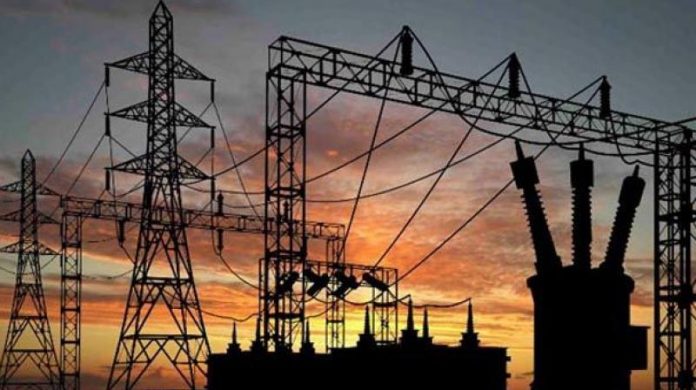ISLAMABAD
The federal government has finalised a plan to end electricity crisis prior to next general elections in the country by rationalising the power tariff and withdrawing the authority of electricity price determination from National Electric Power Regulatory Authority, it was learnt.
Officials at energy ministry, on condition of anonymity, informed Pakistan Today that incumbent Prime Minister Shahid Khaqan Abbasi, had completed consultation with the Ministries of Energy, and Finance regarding giving an end to the electricity crisis prior to next general elections in the country.
They said, a plan to get rid of the crisis, has been devised by the government under which NEPRA’s authority of determining power tariff will be withdrawn ostensibly to run the power plants and to end the menace of power sector circular debt. After the withdrawal of powers from NEPRA, the Energy Ministry will set the new power tariff as per its sweet will, said sources.
The sources further told that NEPRA’s chairman, after a long opposition and disagreement, has now given his consent with the government plan to end NEPRA’s authority regarding power tariff determination. They said JUI-F Chief Maulana Fazal Rehman has helped the government to convince NEPRA’s chairman and secured his consent to the government plan.
It is also learnt that officials of Energy Ministry have conveyed this to the former Prime Minister Nawaz Sharif that though the issue of low power production has been resolved to some extent, however, circular debt issue cannot be solved or parked without rationalising the electricity tariff. And, rationalisation of tariff should be done by Energy Ministry instead of NEPRA.
Sharing details of the plan, sources said the Energy Ministry will rationalise the tariff at first stage and later it will determine the new tariff.
They said the power consumers will pay Rs 3.50 per unit in the name of tariff rationalisation. The tariff rationalisation is to be done in a bid to reduce the burgeoning power sector circular debt which currently stands above Rs 729 billion and to run the power generation plants at full capacity during the period of next general election 2018 in the country.
According to sources, the government will present the amendments in NEPRA Act before the parliament for necessary approval. And, after getting the legislator’s nod, the proposed amendment will become part of the NEPRA Act.
Nawaz Sharif had made promises before the public during general elections 2013 that if he comes in power, then his government will end electricity crisis from the country. And, Sharif swept to power in 2013 vowing to eradicate crippling outages that hobbled the country’s economy and brought it to knees.
However, the ruling elite after the ouster of Sharif from the power is now faced with a race against time to make true the words of their leader regarding giving an end to power outages. It is pertinent to mention here that earlier, a meeting of the Council of Common Interests (CCI) held on May 2017, had approved major changes to a law to clip the powers of the NEPRA to independently determine electricity tariffs. The CCI meeting was presided over by then PM Sharif and attended by all four provincial chief ministers.
The drastic changes approved by the CCI were made to bind NEPRA, the main power-sector regulator, to obey to the government directives in determining tariffs. This clearly meant that the authority would lose its independent powers to set consumer-end tariff.
To cut regulatory powers, a fresh clause was added to section 31(1) of the Nepra Act. The clause reads: “the Nepra shall, in the determination, modification or revision of rates, charges and terms and conditions for the provision of electric power services, be guided by national electricity policy, the national electricity plan and such guidelines as may be issued by the federal government in order to give effect to the national electricity policy and national electricity plan.”
It was agreed in principle, that all the provinces would have their own power regulatory bodies instead of a national regulator having countrywide jurisdiction because electricity was a provincial subject under federal legislative List-II.

























